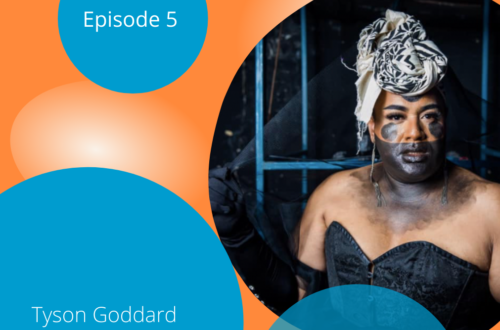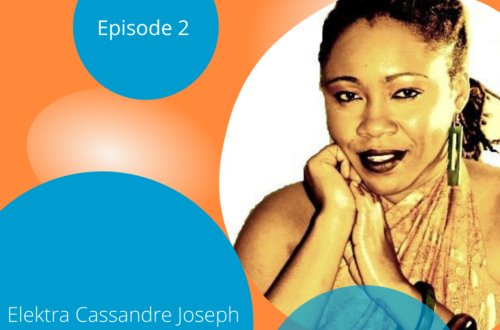
Episode 3: No Good Time.Season of Blackness
This episode is about Tabitha Saint Bernard-Jacobs, the program’s deputy executive director at women’s March. She is the co-founder of “empower the youth” from of Women’s March. She has accomplished so much that she inspires others to look at life from a different perspective. In addition, she has one of the unique and important perspectives as a parent on raising anti-racist children. She is committed to educating the future generation to create a better world where people live in harmony.
What does Blackness mean to Tabitha?
She identifies herself as a ‘Dougla,’ having Indian and African ancestors. After coming to America, she explored her definition of blackness. She has delved into blackness as a woman of color and as a mother.
She has had her struggles as a mother since she and her son do not appear to be from the same race. So it was a stark realization for her moment when she felt the difference in treatment towards herself and her son from other people.
Considering all her life experiences and, most importantly, her experience as a mother, she has defined her blackness at her own pace without letting society or without letting America influence her thoughts.
Considering that her husband is Jewish and she is of mixed parentage, they try to build an environment for their son where he grows up to learn about all cultures through festivals, food, and understanding of people.
No Good Time:
One of the most critical points she raised in the podcast was it is never a good time for a parent to talk about race with children. A parent will never have all the information about racism because there are so many layers to look into. So, Tabitha believes that parents must discuss race and culture with kids from various age groups.
She started writing about how to raise multi-racial children and elements of parenting that people need to be aware of in this day and age. She has also worked on techniques for parents to talk about racism. Tabitha mentioned that parents who do not belong to a minority group have the advantage of avoiding conversations on racism. But, on the other hand, other families have to talk about discrimination and how the world might treat them.
Talking about social awareness, she raised an interesting element that a movement gains validity when people from the majority group allow it to acquire any sort of validity. Therefore, we should make sure that oppressed communities are getting a chance to voice their opinion and to take up space within society.
Hope for the future:
Her way of continuing to fight is by manifesting a world she wants to live in. “Radical Imagination” helps her remember the goal. Although, in reality, people who benefit from whiteness are the ones who need to dismantle the system, she hopes that one day people will change from within and encourage others to do the same.
Please check out Episode 3 of In The Pursuit of Journey to self: Blackness.
Follow us on Facebook and Instagram.
Written by Seher Arif



